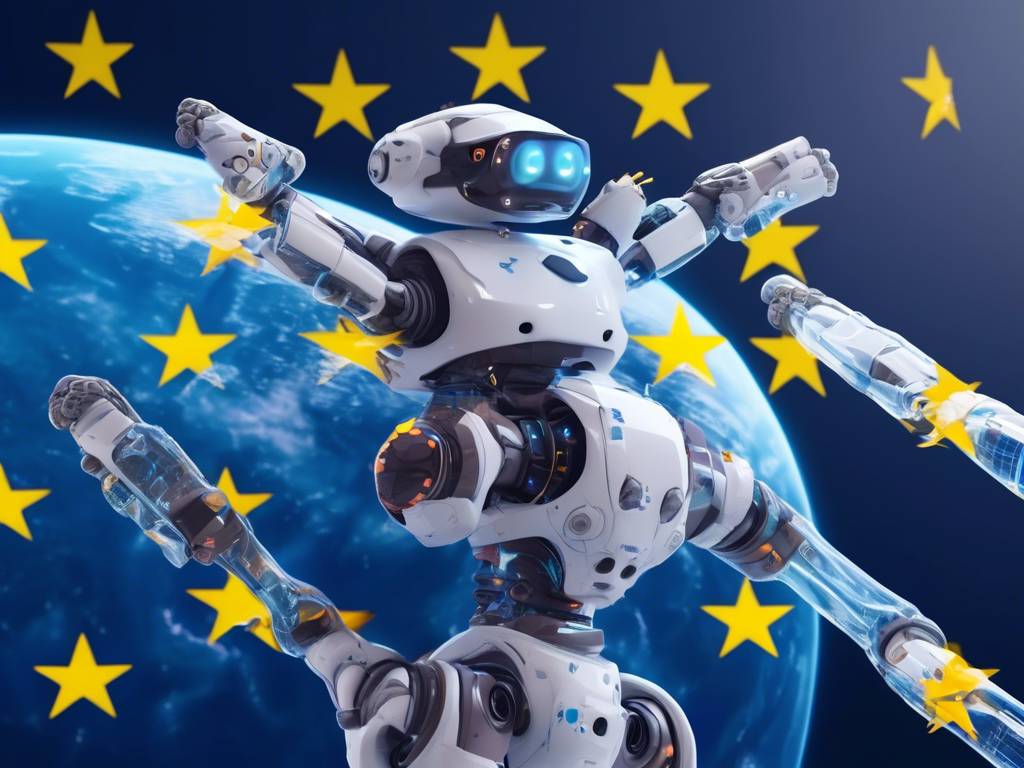EU’s Approval of Most Extensive AI Regulations: What You Need to Know
The European Union has recently passed the most extensive regulations on artificial intelligence, marking a significant milestone in the world of tech policy. The new rules are set to reshape the landscape for companies operating in the AI space, with some hailing it as a step in the right direction for consumer protection and ethics. Here’s a breakdown of what the regulations entail and how they may impact businesses in the industry.
Key Takeaways for Companies in the AI Sector
– The EU has adopted a risk-based approach to regulating AI, focusing on the use of technology rather than the technology itself.
– This means placing restrictions on certain applications of AI, such as emotion recognition in workplaces or social scoring based on behavior.
– High-risk situations, such as migration applications or job screenings, will require companies to undergo additional checks to ensure compliance with regulations.
– Companies must demonstrate energy consumption and compliance with copyright laws to regulators.
– The establishment of a new AI office in Brussels will act as a regulatory body overseeing AI practices and potentially banning applications that do not meet standards.
Many companies, including European startups and tech giants like OpenAI and Microsoft, may need to adapt their AI practices to align with the new regulations. It is essential for businesses to understand these key takeaways and take proactive steps towards compliance to avoid potential fines or restrictions.
Impact of EU Regulations on Global AI Legislation
– The EU’s approval of comprehensive AI rules may set a precedent for other countries looking to implement similar regulations.
– Tech companies worldwide have been advocating for responsible AI practices while also resisting overly strict controls that could hinder their competitiveness.
– Some companies, like Microsoft, have partnered with AI startups to navigate the regulatory landscape and ensure compliance.
– Lawmakers and experts are closely monitoring how the EU regulations will influence the development of AI legislation in other regions.
Overall, the EU’s move to regulate AI serves as a catalyst for global discussions on ethical AI practices, consumer protection, and industry standards. As the tech landscape continues to evolve, companies must stay informed and proactive in adapting to regulatory changes to thrive in the AI sector.
Hot Take: Navigating the Future of AI Regulations
In conclusion, the EU’s approval of extensive AI rules signifies a turning point in the tech industry’s approach to regulating emerging technologies. While companies may face challenges in complying with the new regulations, adapting to ethical AI practices can foster innovation and trust among consumers. By staying informed, proactive, and collaborative in navigating the evolving regulatory landscape, businesses can pave the way for responsible AI development in the digital age.





 By
By
 By
By
 By
By
 By
By

 By
By